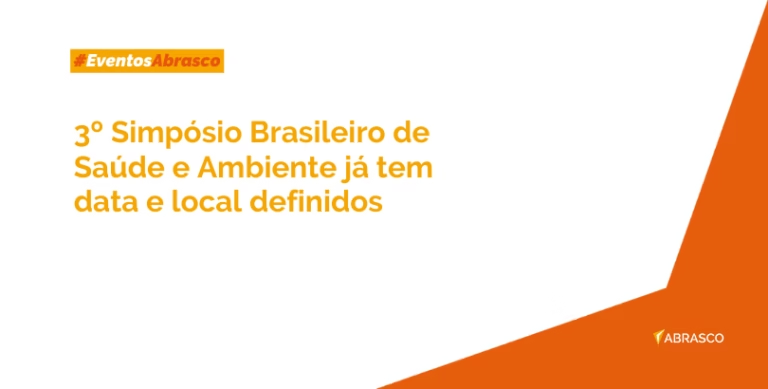We live in the era of rankings. Universities are being ranked, journals are being ranked, and researchers are being ranked. In this era of rankings, the value of researchers is measured in the number of their papers published, the citations they received, and the volume of grant income earned. Academia today is governed by one simple rule: more is better.
The idea to reward those who are productive seems fine at face value, but that idea has become ideology. Metrics of quantity once were the means to assess the performance of researchers, but now they have become an end in their own right. Ironically, once individuals actively pursue certain indicators of performance, those indicators are no longer useful as independent yardsticks of what they were once meant to measure.
Only a few years ago, a researcher publishing ten papers a year was considered highly productive. Now, leading researchers in ecology and evolution publish 20, 30, or, in some cases, over 40 papers a year, with a tendency for further increases. This volume of papers is attained via large laboratory groups and research consortia, which in turn require massive amounts of funding. Given that successful fundraising is a trusted performance indicator in its own right, funding keeps going to some of the biggest groups, keeping them big or growing them even further.
However, a bigger group of researchers does not necessarily produce better science, just more of it. Thus, some research themes of solid (but not necessarily exceptional) quality can dominate the literature, just because they produce many papers. The type of work that ecologists produce is also different compared with just a decade or two ago: papers are shorter; reviews are increasingly quantitative not qualitative; the scope of papers has shifted from local to global; modeling papers are replacing field-based papers; and more papers focus on black-versus-white analyses because there is no journal (or mental) space for nuanced discussions. A recent high-profile example is the polarized debate on whether policy should encourage land sparing or land sharing.
The picture we paint is, of course, stylized. We acknowledge that there are exceptions among the most productive academics, the largest research groups, and the highest impact journals. However, despite exceptions, the overall trend is deeply concerning. Academics are increasingly busy with more papers, more grants, and more emails to keep the machinery going. The modern mantra of quantity is taking a heavy toll on two prerequisites for generating wisdom: creativity and reflection.
Creativity greatly benefits from an environment that is supportive, collaborative, and facilitates trialing new approaches, but suffers from working under excessive pressure. Similarly, reflection is vital for questioning assumptions and learning from experience. The gradual loss of creativity and reflection necessarily will affect our science. Many past landmark papers were full of good ideas, but were speculative and discursive. Would such papers be published today and, if they were, who would read them in depth? Is it possible to obtain and communicate deep insights via ‘twitteresque’ research sound bites?
Beyond the science itself, the quantity mantra is taking a toll on the quality of human interactions and relationships. Supervisors are increasingly too busy to discuss ideas at length with their research students. Academics work long hours, a supposed requirement for success, as if insight, motivation, and wisdom could not also arise from more balanced and family-friendly lives. The stressful environment of academia leads to many talented young people opting out of academia, and can lead to burnout in those who stay.
Along with political and spiritual leaders, academic leaders have a responsibility to help society move towards a better future, where we understand the world better, and use that understanding to live a ‘good life’. However, how can we do this if our professional rat race just mirrors the ills of society at large? Starting with our own university departments (but not stopping there), it is time to take stock of what we are doing. We must recreate spaces for reflection, personal relationships, and depth. More does not equal better.





